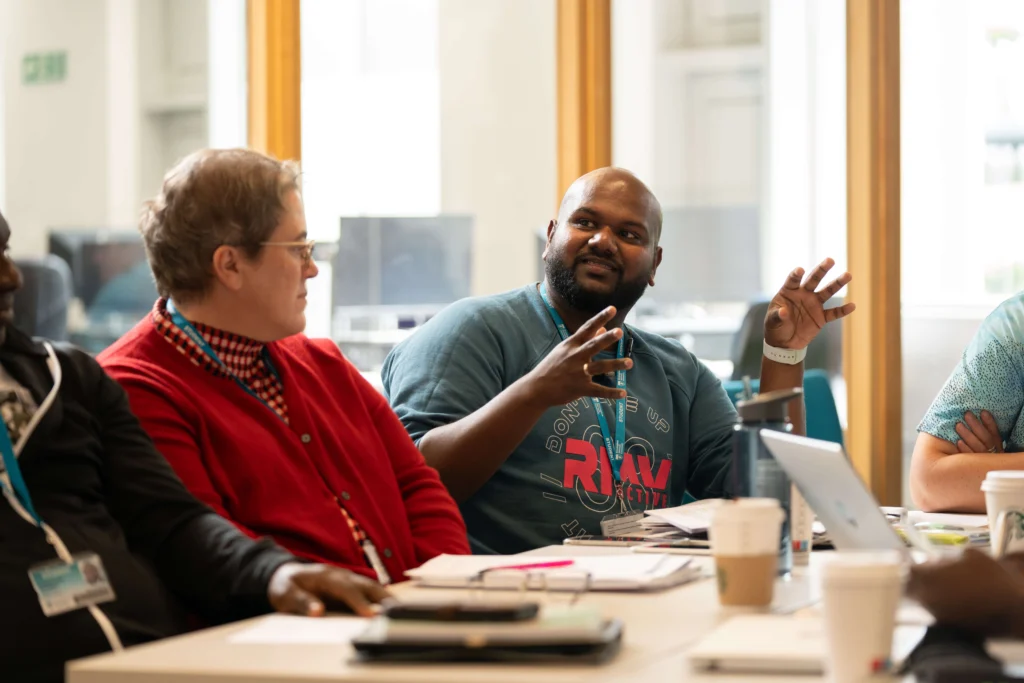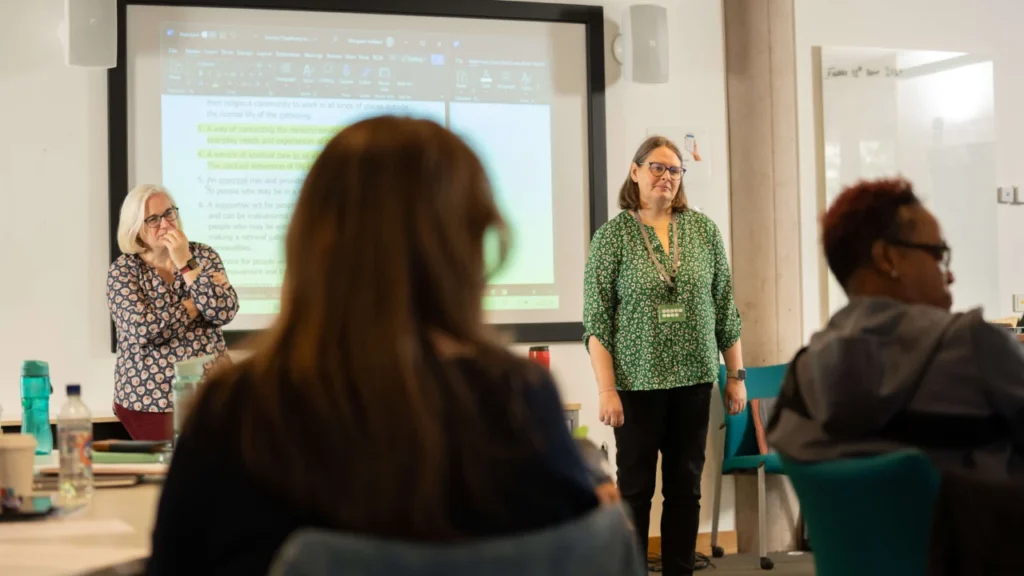
Chaplaincy
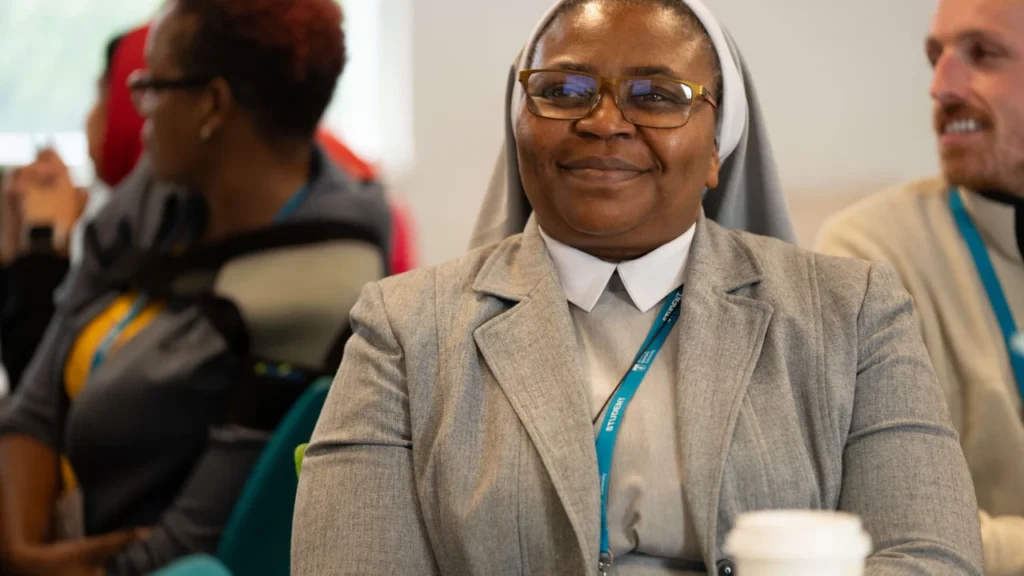
Turn your passion into purpose through Chaplaincy at Birmingham Newman University.
Explore how spiritual care and pastoral support respond to the emotional, ethical and faith-based needs of individuals and communities, with a strong focus on reflection, compassion and inclusive practice. Whether your interests lie in healthcare chaplaincy, education, multi-faith contexts or ethical leadership, our subject area offers a range of pathways that help you think deeply, communicate with empathy and engage with the challenges that shape contemporary chaplaincy.
Chaplaincy Courses
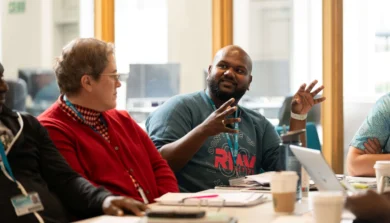
Postgraduate Certificate in Chaplaincy
- Start date:
- September 2026
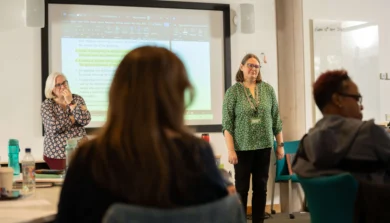
MA Chaplaincy
- Start date:
- September 2026

Postgraduate Certificate in Paediatric and Maternity Chaplaincy
- Start date:
- September 2026
Reflective Small-Group Learning
Join a supportive cohort where discussion, shared experience and personal insight are central to your development.
Work-Based Applied Modules
Connect theory with practice through assignments and projects rooted in your chaplaincy setting.
Flexible Blended Study Model
Balance study with professional and personal commitments through weekend campus sessions and online learning.
Step-by-Step Qualification Progression
Build your expertise gradually, with clear routes from Postgraduate Certificate to full MA in Chaplaincy.
Flexible and focused learning. Choose from part-time postgraduate qualifications including the Postgraduate Certificate in Chaplaincy, the Postgraduate Certificate in Paediatric and Maternity Chaplaincy, or the full MA in Chaplaincy. Flexible options support work, family and/or voluntary commitments, allowing you to progress at a pace that suits your goals.
Supportive and empowering learning. Learn from interdisciplinary staff with expertise in theology, sociology, psychology and philosophy. Small-group teaching and close tutor support create an environment where you can grow academically, personally and professionally.
Study in a way that suits you. Choose to learn on campus for a vibrant university experience, or online for greater flexibility. This is ideal if you are balancing work, family and/or other commitments.
Chaplaincy at Birmingham Newman University prepares you for a wide range of roles and further study. You will graduate with the insight, confidence and transferable skills valued across healthcare, education, prisons, the military and other pastoral settings.
